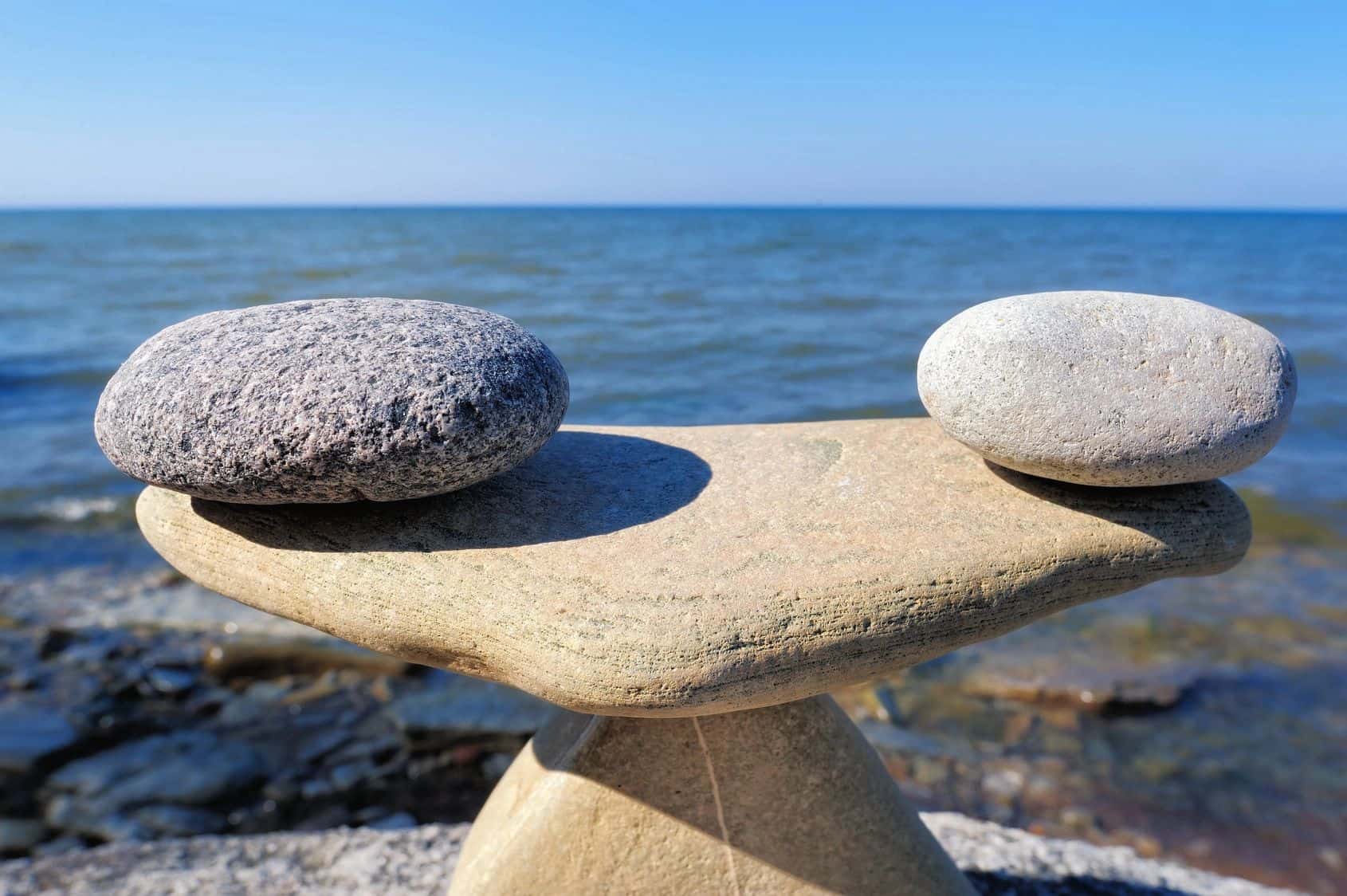Work-life balance plays an important role in our lives. As adults, we tend to spend the majority of our time at our jobs. And not just time, but our precious mind-space too. Some of us get so caught up in our work that we miss out on cherishing the little things in our personal sphere.
How can we ensure that our time, energy, and attention is used in a balanced and effective manner? What is the best way to support ourselves in creating an effective work-life balance?
Mindfulness and meditation are known to provide the most sustainable support for balancing work and the other things in our life.
Try these strategies to use mindfulness and meditation to help you achieve a healthy work-life balance:
- Cultivate calmness and tranquility. In order to make wiser decisions and work smarter instead of harder, it’s important to be calm and composed. This quality can be cultivated through a simple practice of meditation.
-
- At least 15 minutes of this practice, if performed consistently, can make a significant difference in the way we do things at our homes and offices.
-
- Being calm enables us to obtain confidence and to develop trust within ourselves, others, and the world in general.
- This powerful resource serves us in making better choices about how we spend our time, energy and attention, leading to better work-life balance.
-
- What makes you lose your calm? What kind of consequences are you facing when you make decisions that are rushed and made under the influence of stress? What can you do to cultivate more inner peace at work? And at your home?
2. Become a master of your mind. We tend to pay more attention to taking care of our bodies than our minds. In fact, we often take our mind for granted. The result is that we end up living a life where the mind is in control of our lives instead of the other way around.
-
- What we experience as life is basically just a creation of our minds. Even though it may seem that our destiny depends on external circumstances, the truth is that the way we perceive those circumstances determines our experience.
- Being a master of your mind allows you to create your own desirable circumstances and to place them into a balance that works for you. Mind mastery can be achieved through a daily mindfulness and meditation practice, which costs nothing except some time and dedication.
3. Observe and express your needs. A significant part of our frustration, stress, and suffering in life comes from our unmet needs. When we work too much, or too little, we can end up neglecting our wellbeing. Greater awareness of our needs brings a better balance and more satisfaction in our lives.
-
- What unmet needs do you experience at your workplace? What can you do about meeting them? What is your current state of wellbeing from 1-10 (1 being poor. 10 excellent)? What can you do to make it a 10?
- When you’re balanced and can meet the needs of your body, mind, and spirit, your energy levels rise and vitality increases, so you can start living in tune with your values, principles, and purpose.
4. Respond instead of re-act. The highest level of mastery over mind can be seen as an ability to respond instead of re-act.
-
- There’s a huge difference between the two. Reacting is like being on autopilot, letting your emotions control what you say or do next. Responding, on the other hand, presents a conscious, calm, and constructive action that promotes resolutions of conflicts.
- To respond means to be in control of your own thoughts and behaviors. It helps you to be in charge of your life and supports you to set and stick to your priorities, such as a healthy work-life balance.
- An ability to respond requires you to be present in the moment as much as possible. There are many online resources on mindfulness and meditation that can support you in embracing the power of now.
5. Save some time for self-care. Our work, friends, partners, and kids all need our care, energy, and attention. But where does this energy come from? How can we keep on giving?
-
- If you want to be there for others in a healthy and sustainable way, it’s crucial for you to save some time for self-care: to slow down, relax, and engage in pleasurable activities that renew your energy and restore your spirit.
- “Self-care is never a selfish act – it is simply good stewardship of the only gift I have, the gift I was put on earth to offer others. Anytime we can listen to true self and give the care it requires, we do it not only for ourselves, but for the many others whose lives we touch.” ― Parker J. Palmer
Caring about your wellbeing and incorporating a few of these mindful ideas can support you in achieving greater levels of harmony in your personal and professional life.
Which one will you try first



0 Comments